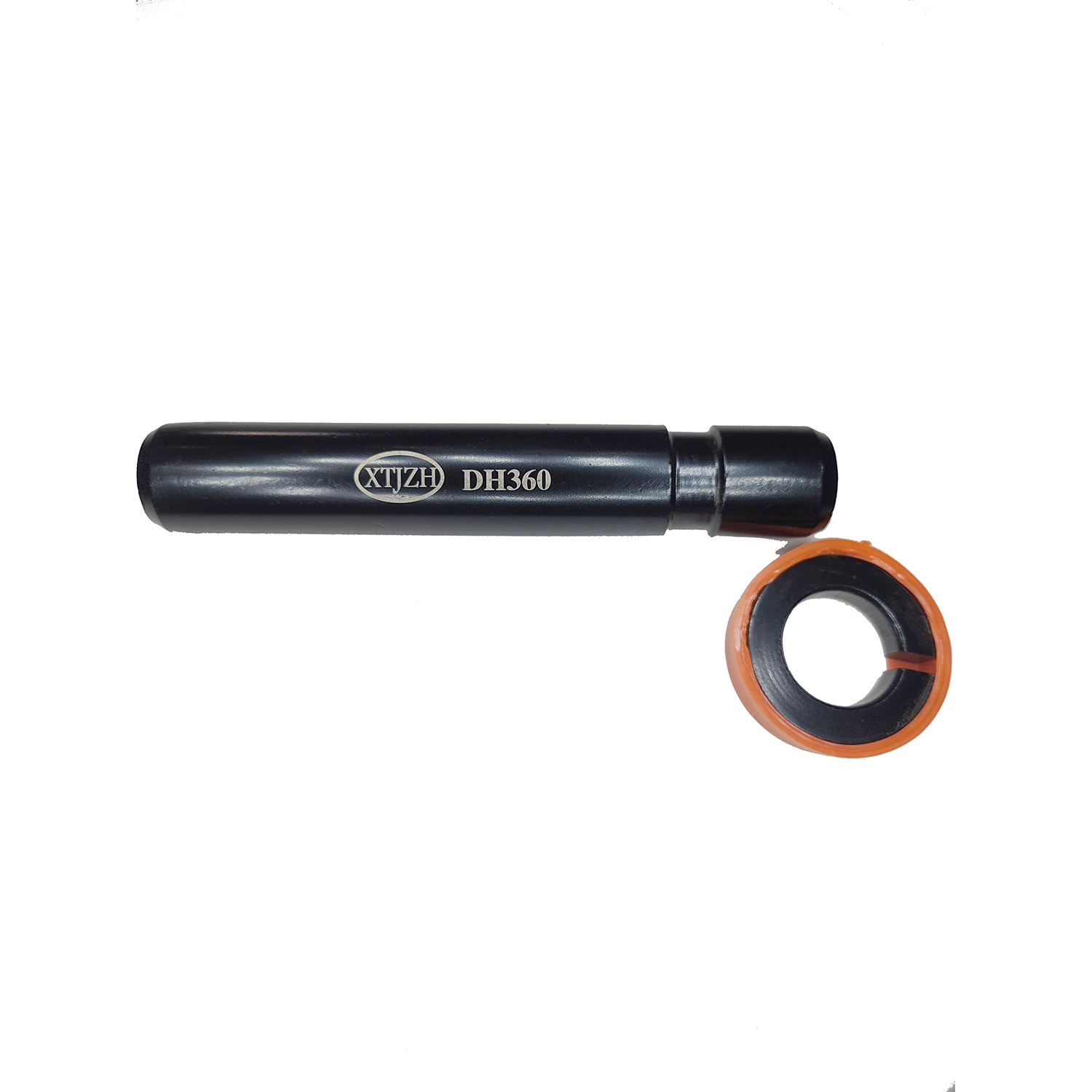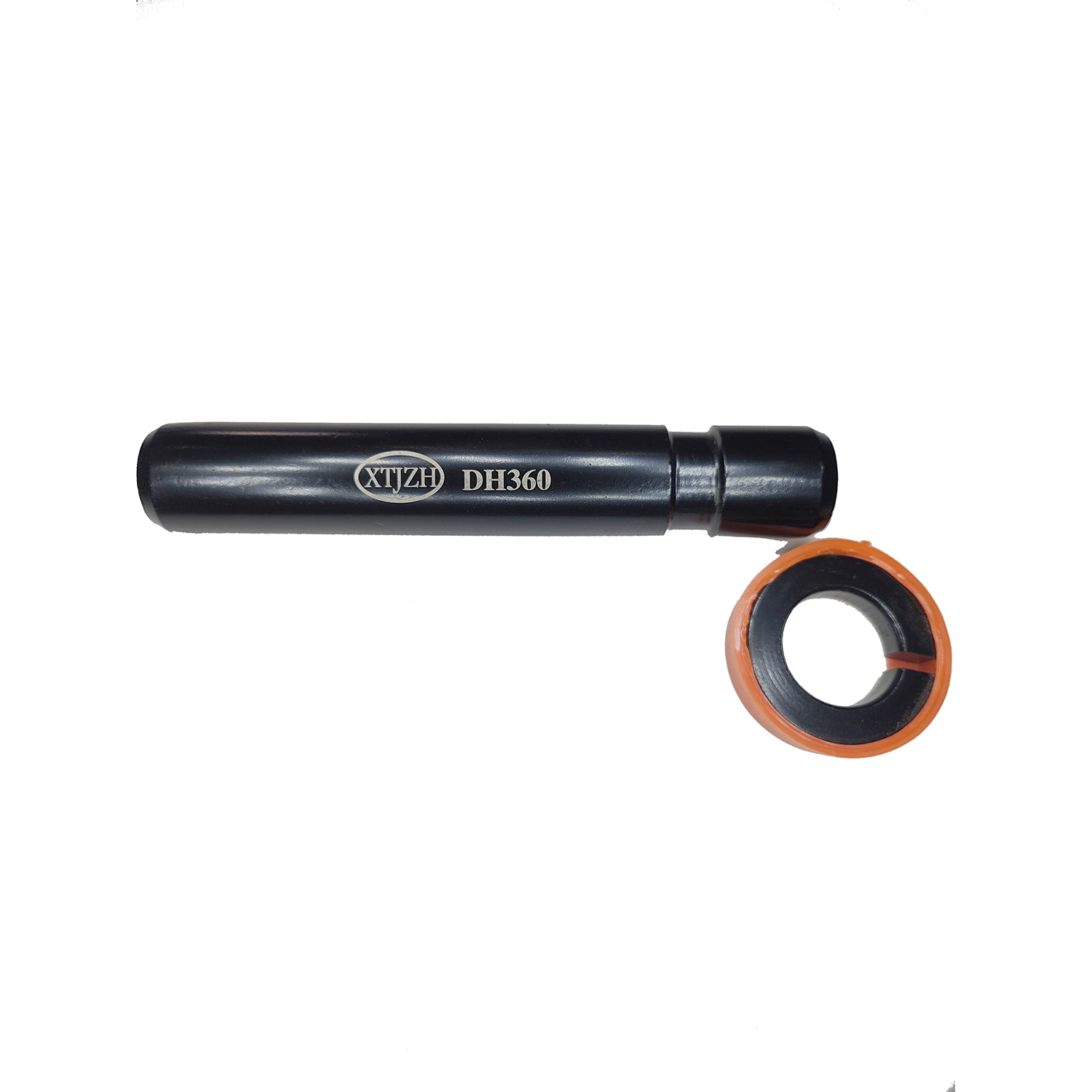If you’ve been running excavators for a while, chances are you’ve dealt with a broken tooth pin. It’s a small part, but when it fails, your bucket teeth can loosen or even fall off. This not only slows down your project but can also damage your adapter or bucket.
So, why do excavator tooth pins break? And more importantly, how can you prevent it from happening again? Let’s dig in.
1. Common Reasons Excavator Tooth Pins Break
There isn’t just one cause—it’s usually a mix of factors. Here are the most common ones:
-
Poor-quality material: Cheap pins made from low-grade steel wear quickly and snap under pressure.
-
Wrong size or fit: Using the wrong pin type for your excavator model can cause uneven stress.
-
Improper installation: If the pin isn’t seated or locked correctly, it shifts during operation and eventually breaks.
-
Harsh working conditions: Rock, gravel, or mining environments put extreme pressure on tooth pins.
-
Overuse without replacement: Pins have a limited lifespan. Running them until they’re worn thin is asking for trouble.
👉 Bottom line: if you’re constantly replacing broken pins, it’s time to rethink your supplier or your maintenance practices.
2. Warning Signs Before a Pin Breaks
Most pins don’t fail overnight—there are usually signs:
-
Teeth feel loose or wobbly during digging.
-
Visible wear, bending, or cracks on the pin.
-
Pins are hard to remove due to deformation or rust.
Don’t ignore these clues. Replacing a worn pin early is way cheaper than repairing a damaged bucket.
3. How to Prevent Excavator Tooth Pins from Breaking
The good news is, with a few smart steps, you can prevent most failures:
-
Choose high-quality pins: Look for heat-treated alloy steel or 40Cr material with strong wear resistance.
-
Match the pin to your excavator model: CAT, Komatsu, Hitachi, and Volvo all use slightly different designs—make sure the pin fits exactly.
-
Install correctly: Follow the locking system (horizontal, vertical, or retainer clips) and double-check tightness.
-
Inspect regularly: Check pins every 100–150 operating hours and replace at the first sign of wear.
-
Adapt to your environment: If you work in rocky or coastal areas, choose pins with anti-rust coatings or reinforced designs.
4. How Jinxin Machinery Helps You Avoid Failures
At Nan’an Jinxin Machinery Co., Ltd., we’ve seen all the ways tooth pins can fail, and we’ve built our products to prevent those issues:
-
Material strength: All pins are made from high-strength alloy steel with heat treatment for durability.
-
Precision fit: Designed to match OEM specs for CAT, Komatsu, Hitachi, Volvo, Hyundai, and more.
-
After-sales support: Our team helps customers troubleshoot problems and provides replacement guidance.
-
Bulk stock: With more than 6 million pins produced annually, we keep supply stable so you never run short.
That’s why our global customers tell us, “Your pins just last longer.”
Tooth pin breakage is frustrating, but it’s not inevitable. By understanding the causes—poor material, wrong fit, or harsh conditions—and taking preventive steps, you can dramatically extend pin life.
And when you source from a reliable partner like Jinxin Machinery, you’re not just buying a part—you’re buying durability, support, and peace of mind.




 No. 550, Xiacuo, Sihuang Village, Xiamei Town, Nan'an City, Quanzhou City, Fujian Province, China
No. 550, Xiacuo, Sihuang Village, Xiamei Town, Nan'an City, Quanzhou City, Fujian Province, China

 Contact
Contact 